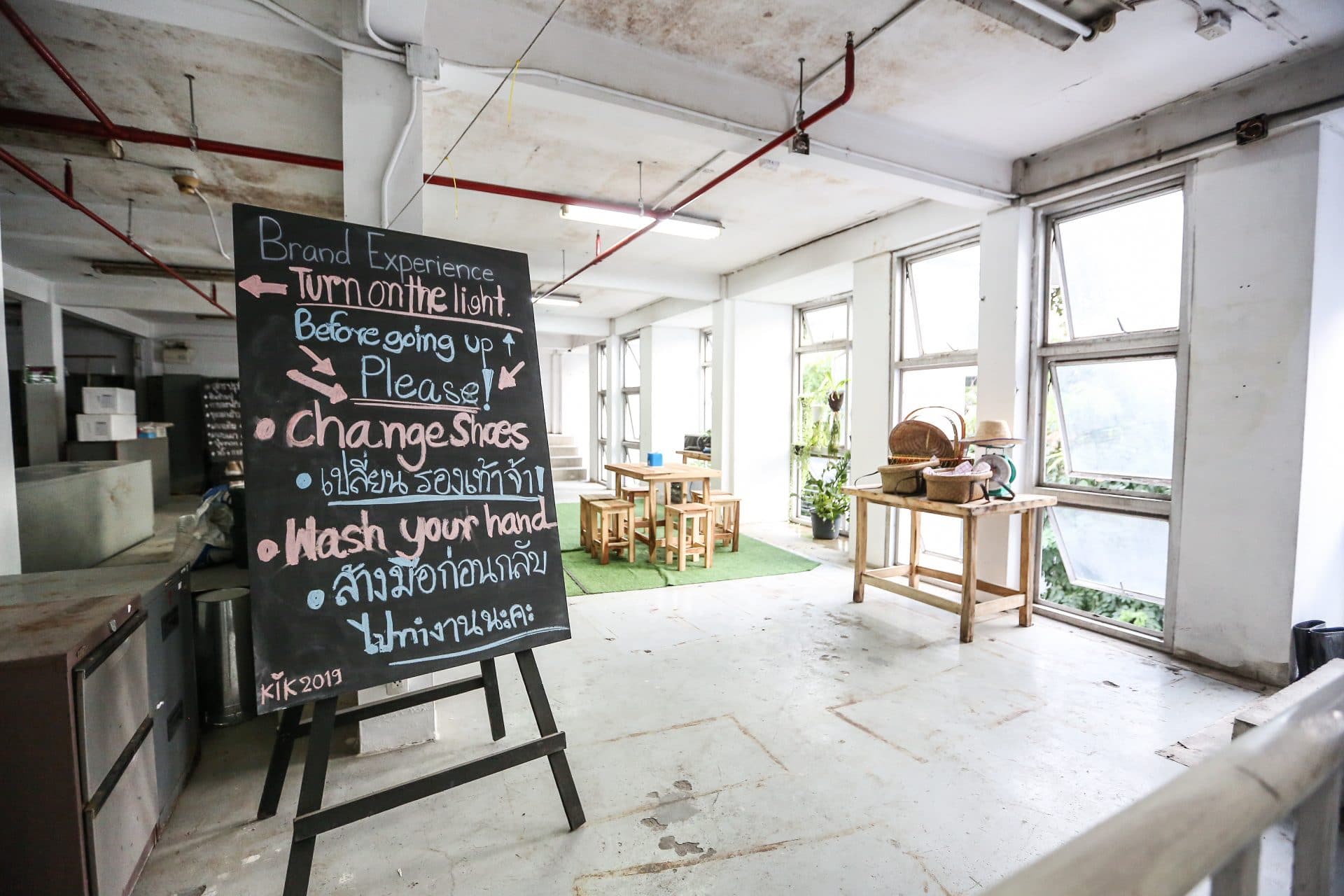Khiri introduces comprehensive offsetting program with ClimateCare and new low emissions ‘slow travel’ holiday options
Asian DMC Khiri Travel is on its way to becoming fully carbon neutral. As part of its approach to take responsibility for its impact on the environment, Khiri Travel has partnered with climate and sustainable development experts ClimateCare. The result will be the complete offsetting of carbon emissions for Khiri guests’ holidays and Khiri’s own operations, starting in January 2021. This includes CO2 emissions generated by all of Khiri’s offices in seven Asian destinations, staff commuting, and all business travel by Khiri employees.
Once travelers arrive in Southeast Asia, Khiri Travel will offset carbon emissions for guest trips by charging US$1.50 per person per day. The aim is to offset entire itineraries, including accommodation, activities and transport. Funds will go to ClimateCare’s best-in-class carbon reduction projects in the Asian region.
Herman Hoven the CEO of Khiri Travel said that Khiri had calculated the average carbon footprint of its itineraries. As a result, a carbon offset rate of US$1.50 per person per day will be automatically added to each travel proposal to partners. Hoven said that partners would have the possibility to opt out if they had their own carbon offsetting program in place. “Otherwise the US$1.50 fee will apply,” he said.
“Our overall aim is to do our best to improve environmental management and decrease any negative impacts on our destinations,” said Hoven. “We want to ensure that not only Khiri as a company, but all our operations on the ground, are carbon neutral.”
ClimateCare’s Director of Partnerships, Robert Stevens, said: “We work with forward-thinking organisations such as Khiri Travel to turn their climate responsibilities into positive outcomes, which also support sustainable development.”
To further reduce CO2 emissions, Khiri Travel has introduced a new product line: “Rediscovering The Art of Slow Travel”. In these trips there will be no regional flights. All transport will be by train, car or boat. Itineraries will typically be a minimum of 15 days. Accommodation will be vetted against Khiri’s social, cultural and environmental criteria. And excursions will benefit the host communities, mostly in less developed regions.
“By offering longer duration trips in-destination, with much less flying, Khiri’s guests will greatly reduce their carbon footprint,” said Nia Klatte, Khiri Travel’s Regional Sustainability Coordinator. “It also gives guests time to slow down and immerse themselves in the local area.”
On climate action, Khiri’s position is to follow current advice from the Intergovernmental Panel on Climate Change, which recommends cutting global carbon emissions to 55% of 2017 levels by 2030 in order to limit global warming to 1.5 o C (2.7 o F).
Khiri Travel’s climate position is explained here. Its climate emergency strategy is here. Khiri Travel is a signatory of Tourism Declares a Climate Emergency.
More information: khiri.com


